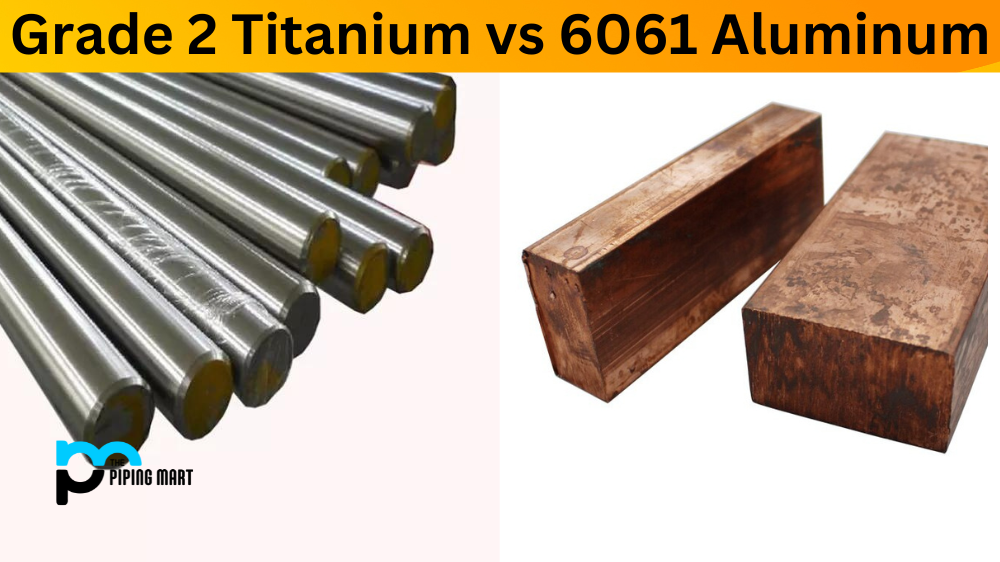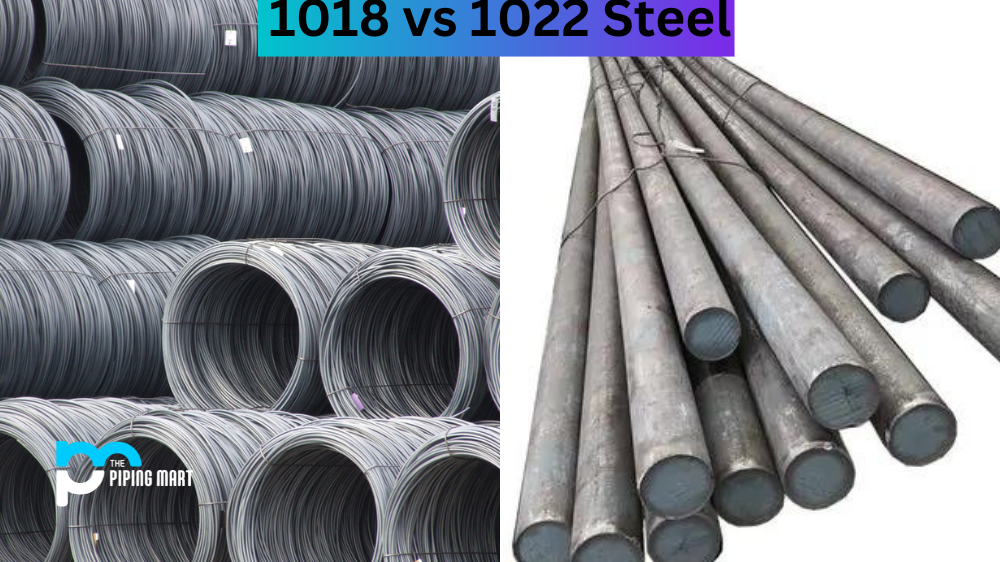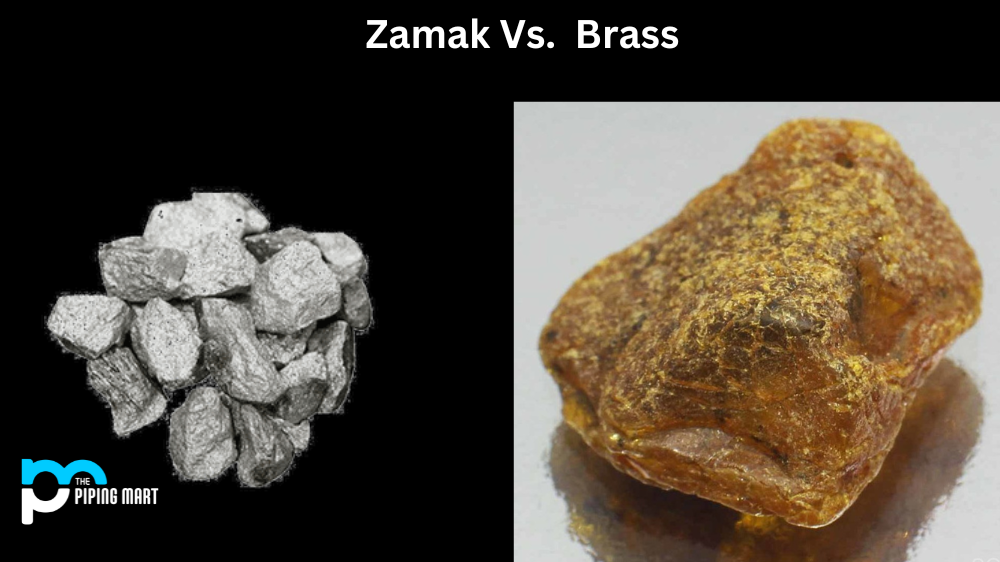Many factors must be considered when choosing a material for your next project. Two popular choices in the manufacturing world are grade 5 titanium and 6061 aluminium. Both materials have desirable characteristics, but which one is the better choice? Let’s take a closer look at this ultimate comparison.
Difference Between Grade 5 Titanium and 6061 Aluminum
Strength and Durability
Grade 5 titanium is known for its exceptional strength, making it a popular choice in the aerospace and medical industries. It has a much higher tensile strength than 6061 aluminium, which can withstand higher stress without breaking. However, 6061 aluminium is still strong and durable, especially when heat-treated. It is widely used to construct bicycles, aircraft, and automotive parts.
Corrosion Resistance
Titanium has a remarkable ability to resist corrosion, even in harsh environments. This makes grade 5 titanium ideal for applications with critical corrosion resistance, such as marine components, medical implants, and chemical processing equipment. In comparison, 6061 aluminium has moderate corrosion resistance but can still succumb to rust and other forms of degradation if not properly treated.
Weight
Regarding weight, 6061 aluminium is the clear winner. Aluminum is a lightweight material that allows for easier manoeuvrability and handling of parts, especially in applications where weight reduction is critical. Grade 5 titanium, on the other hand, is a heavier material, which can be a disadvantage if weight is a significant factor in your project.
Cost
While titanium offers many desirable characteristics, it has a higher price tag than 6061 aluminium. The cost of titanium can be up to four times more expensive than aluminium, making it a less attractive option for certain projects where cost is a significant factor.
Machinability refers to a material’s ability to be easily cut, drilled, and shaped using various tools and machines. While grade 5 titanium is a challenging material to machine, it can still be done with specialized equipment. 6061 aluminium, on the other hand, is a much easier material to machine, making it a popular choice for prototyping and production.
Conclusion
In conclusion, grade 5 titanium and 6061 aluminium have unique characteristics that make them suitable for different applications. Titanium’s exceptional strength and corrosion resistance make it an ideal choice for aerospace, medical, and chemical processing industries. However, if weight and cost are significant factors in your project, aluminium may be the right choice. Ultimately, the choice between these two materials will depend on the specific needs of your project and the balance between durability, strength, weight, and cost that you require.




